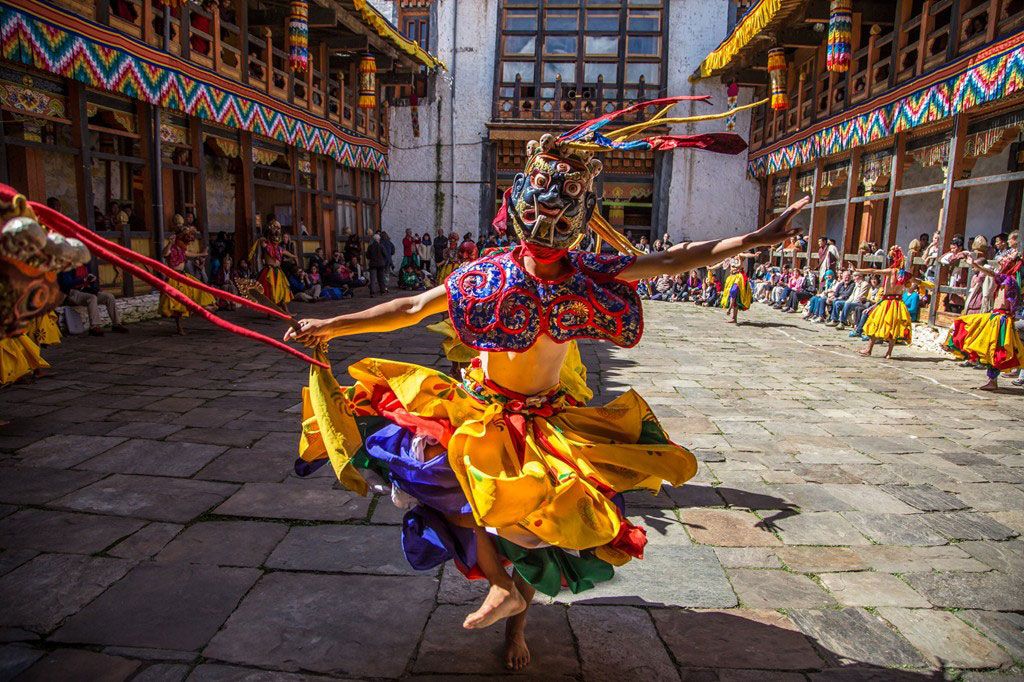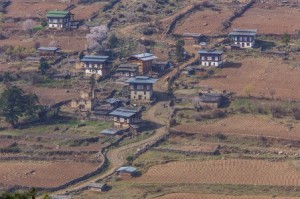Adventurous trip and travel enthusiasts availing the homestay services are decreasing in number. It is a bigger concern forTangchey village, where a majority of the farmhouses are located.
Besides not having visitors for several months, not even the Gangteytshechu earlier this month brought any guests. Some said they haven’t received any booking, as of now, despite autumn being the peak tourist season.
Having invested about Nu 50,000 to Nu 100,000 on farmhouse stays, owners said they are worried that they may not be able to recover their investment without guests.TsheringDorji and his wife catered to about two Bhutanese groups and a Japanese couple since they started the farmhouse business a year ago.
“The benefit has been enormous, but I’m worried whether we’ll get visitors like we did last year,” TsheringDorji said, adding that they hadn’t received any visitors this year. “Otherwise, it’s a good experience, besides the income.”
TsheringDorji spent about Nu 100,000 in addition to the Nu 15,000 he received from the Royal Society for Protection of Nature (RSPN) to convert his traditional Bhutanese house into a farmhouse.
The RSPN fund was to construct toilets.
The community-based tourism committee’s treasurer, TsheringLham, 34, said she catered to about three groups of visitors, but hadn’t received any guests since early this year. “There are some, who haven’t even received a single visitor.”
Another issue, according to farmhouse owners in Gangtey and Phobjikha, is the delay in payment for services, which sometimes even takes months. Visitors are charged Nu 700 each a night, while it’s Nu 180 for breakfast and Nu 350 each for dinner and lunch.
Treasurer TsheringLham said they are happy to cater to guests, but the delay in payment is a problem for all.
“As villagers, every penny matters to us,” she said. “We hardly get any visitors and, when we get, the payment is delayed.”
However, the chairman of community-based tourism committee, Gyeltshen, said such issues existed only in the beginning and won’t happen anymore.
“Now we receive cash,” he claimed.
Gyeltshen attribute the poor turnout this year to the bad road conditions.
“Visitors prefer better road conditions and places that are next to the road,” he said. “Compared to Phobjikha, farmhouse in Gangtey gets more visitors,” he said.
Farmhouse stays in Phobjikha and Gangtey were initiated by RSPN as part of community-based sustainable tourism project. Funded by Japan International Cooperation Agency (JICA) under Japan environmental education fund, the project is expected to help improve livelihood of communities.
Other components of the project to improve livelihood include training local guides, development of souvenir and handicraft, improvement of wetland boardwalk, and preparation of promotion tools about Phobjikha’s community-based sustainable tourism, aimed at conserving the winter habitat of the black-necked crane.
Although farmhouse stays need not meet the standards of a hotel, owners have to ensure basic standards and hygiene. The homes that accommodate tourists are those close to the road for easy access, with a big family and prompt service delivery.
Owners were also trained in cooking, food handling, serving, and catering. Local guides are also encouraged and given preference.
There are about 57 farm stays in the country today, with the highest in Wangdue at 24.










